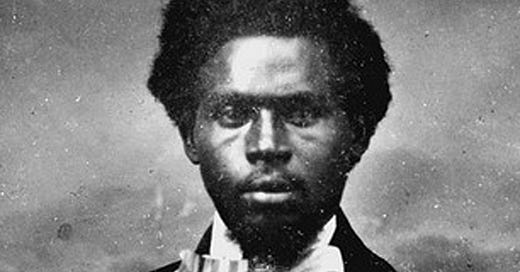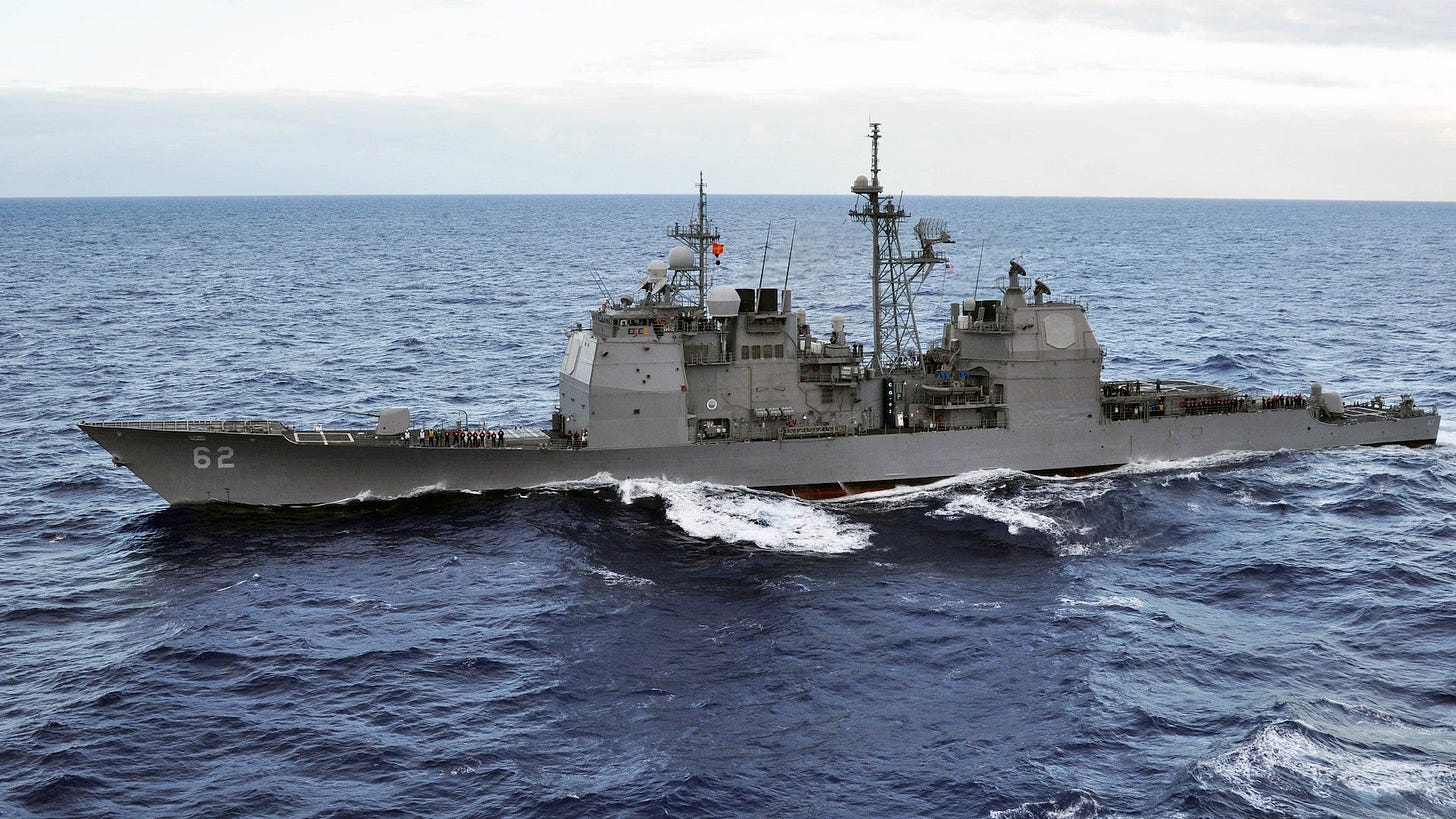Robert Smalls, the Pilot of Freedom
How a Slave became the First African American to Command a U.S. Military Ship
I firmly believe that all of us are indebted to the men and women who fought for freedom in war and peace. I think that we must always invoke their memory, especially when people are trying to roll back the liberties of many and prevent others from even knowing the history, the sacrifices, and the daring of those that fought to secure freedom for themselves and all who would follow.
There are some people and events that are important but get swept up in broader historical events. One such story is that of Robert Smalls, a slave in Charleston, South Carolina. Smalls was hired out to work with the money earned going to his master. He worked in several jobs, but as a teenager fell in love with the sea. He went to work as a slave worker on the city’s waterfront, where he started as a common dockworker, became a rigger, a sailmaker, and finally a wheelman, which was the same as a ship’s pilot since slaves were not permitted to hold that title. Even so, Small’s abilities and knowledge of Charleston harbor were well-known and respected by ship owners.
When South Carolina seceded, and the Confederacy went to war, Smalls was assigned as wheelman of the CSS Planter, a small and lightly armed transport. On the night of May 12th and 13th of 1862, Smalls took advantage of all three white officers’ absence ashore by putting into effect an escape plan he had worked out together with the other slave crew members of Planter. Smalls and seven other slaves got the ship underway, with Smalls donning the captain’s uniform and a straw hat similar to the captain’s. In the darkness, the ruse was perfect. No Confederates ashore suspected anything as Planter stopped to pick up the escaped slaves’ family members at another wharf before Smalls sailed out past the range of the Confederate shore battery guns to surrender to the USS Onward. Smalls presented the U.S. Navy with the ship, her cargo, which included four artillery pieces intended for a Confederate fort in the harbor, but more importantly, a Confederate code book and charts showing the locations of numerous deadly undersea mines and torpedoes laid in the harbor.
Smalls quickly became a hero. Congress voted for Smalls and his crew to receive prize money for the ship, and he met with Secretary of War Stanton to argue the case that blacks should be allowed to serve. Smalls’ story helped convince Lincoln of allowing African Americans to serve in the United States Army. Smalls served as a civilian pilot working for the Navy and the Army, serving in numerous battles. He was the pilot for the experimental ironclad USS Keokuk when that ship was heavily damaged by over 90 hits at Charleston. He was responsible for getting the ship safely out of range of the Confederate batteries before she sank, thus saving many crew members.
Smalls was reassigned to the USS Planter, now assigned to the Army. The ship got caught in a crossfire between the Union and Confederate forces and Planter’s captain ordered the ship to surrender. Smalls objected, knowing that any African American caught serving Union forces would not be treated as prisoners of war, but either returned to slavery or executed by order of the Confederate Congress. Smalls took command of the vessel and steered her out of harm’s way. He was appointed Captain of the ship and was present for the ceremonial raising of the American flag over Fort Sumter in April 1865. Smalls was the first African American to command a ship in the service of the U.S. Military.
After the war Smalls got an education and when the 14th Amendment was passed ran for office, serving as a Major General in the South Carolina Militia, and was elected to the South Carolina state legislature and as a five-term member of the U.S. House of Representatives. He fought against changes to the 1895 South Carolina Constitution that disenfranchised African Americans and codified the Jim Crow laws which had been upheld by the Supreme Court in Plessy v. Ferguson. He also did a careful study of the number of lynching victims that put the number of Blacks lynched during Reconstruction and in its aftermath, which put the number at close to 50,000 victims based upon the records of Black churches and newspapers.
In 1889 Smalls was appointed U.S. Collector of Customs in Beaufort and served in that office until 1911. He also was director of a black owner railroad, and helped publish the black owners Beaufort Standard newspaper. The venerable hero and statesman died in 1915 at the age of 75.
Small’s courage and his fight for freedom, as well as others who did so should not be forgotten. As such the Navy renamed the USS Chancellorsville CG-62 a Guided Missile Cruiser named for the Confederate victory at the battle of Chancellorsville to the USS Robert Smalls as part of the recommendations of a DOD commission on 1 March 2023.
Smalls was also commemorated by the US Army as it was the Army that gave him command of the Planter. In 2007 the Army commissioned the US Army Ship Major General Robert Smalls, LSV-8, an improved Besson Class Logistics Support Vessel.
It is good that we do not forget Robert Smalls and the countless men and women like him, and to ensure the liberties that they fought to achieve are never rolled back and continue to advance.








